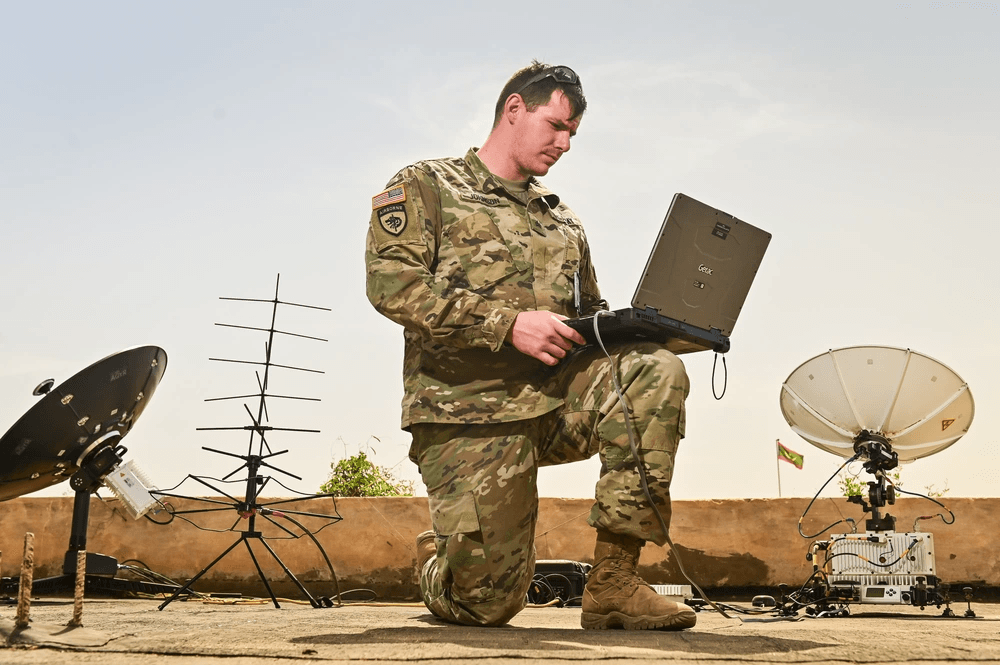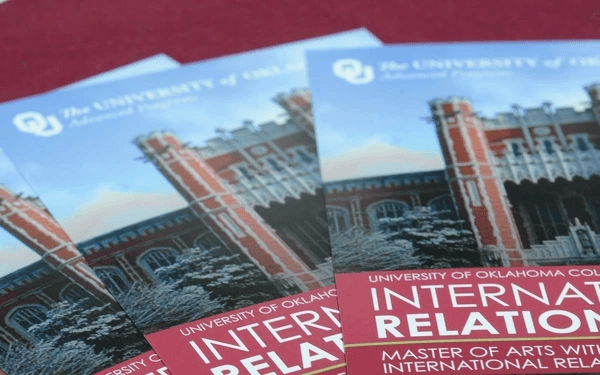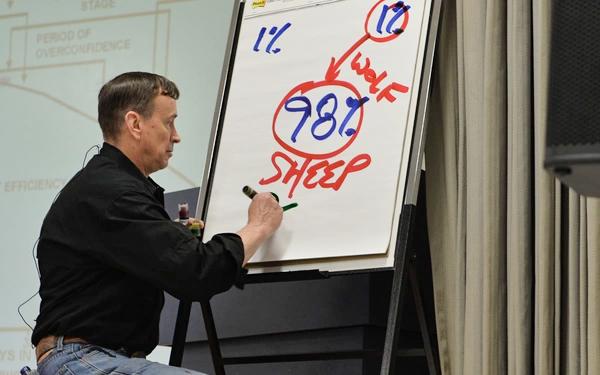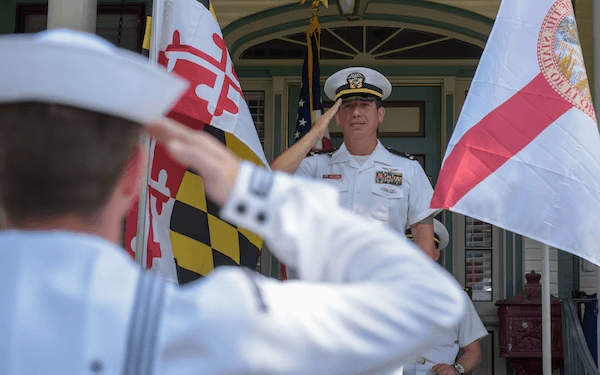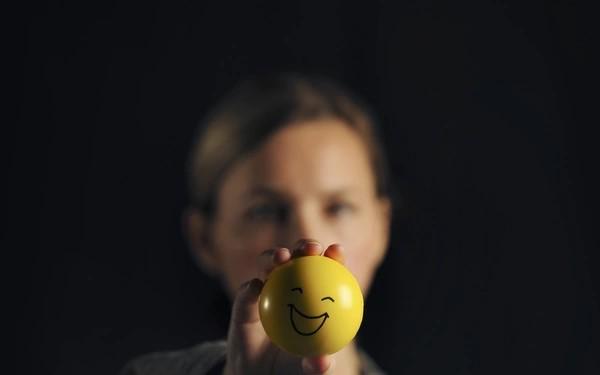Commentary
After coming home from Iraq in 2009, I spent the next 8 years in what I call a hyper-connected state: professional and personal efforts combined into my being plugged into the world of social media almost continuously during that time. From politics to Ranger Up and now Havok Media, Facebook and other outlets consumed a great deal of my time, so this is more than just advice—it is a deeply personal issue.
